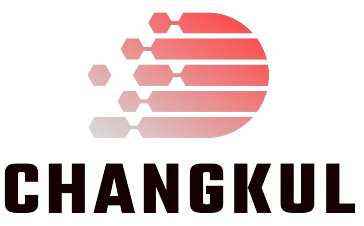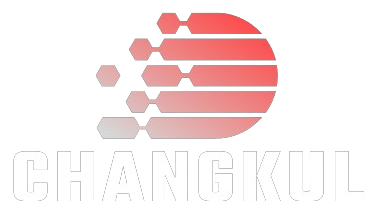Since industrialization, our economy has been based on a linear model; we produce things, use them after which throw them away. A circular economy means a system by which waste is basically eliminated at the top of a product’s life and the component materials turn into resources to be used in latest goods and services. Circular economy research includes using secondary resources reminiscent of plastics, food waste, construction and demolition waste, biomass and metals.
The transition to a circular economy is just not only about adjustments to scale back the negative effects of the linear economy. Rather, it represents systemic change that builds long-term resilience, generates business and economic opportunities, and delivers environmental and social advantages.
Economically, the circular economy is gaining traction as a result of promising growth figures predicted, which, if achieved, could potentially mean huge advantages. Research by the Ellen MacArthur Foundation, the Foundation for Economics and Environmental Sustainability (SUN) and consulting firm McKinsey has shown that the transition to a circular economy could generate a net economic gain of $2.2 trillion in Europe alone by 2030 annually.
Asia, the manufacturing center of the world, sees enormous opportunities presented by the circular economy. While the concept has been around for many years, it’s “already so ready for widespread adoption” due to breakthrough digital technologies which can be enabling massive change.
This is where a brand new economic model comes into play. Let’s take the Indonesian company AQUA as a great example. So popular in Indonesia, the name AQUA has also turn into a generic term for bottled water throughout the country.
AQUA’s parent company, Danone, has announced latest commitments and actions that can ensure its packaging becomes 100% circular and speed up the worldwide shift towards circular packaging. The company will develop alternative supply models or, where appropriate, latest reuse models and take motion to eliminate problematic or unnecessary plastic packaging.
AQUA also goals to work directly with consumers to extend recycling rates through a brand new movement titled “#BijakBerPlastik” or “Be smart about plastic.” Through this move, AQUA is committed to supporting pioneering technologies and social business programs to wash up plastic waste so that each one packaging is 100% reusable, recyclable and compostable by 2025, while increasing the share of plastic recycled content in bottles from 11% to 50% by 2025, and expand its school program to achieve 5 million children and campaign for recycling education, in addition to activate consumer recycling awareness programs targeting 100 million consumers by 2025
As for AQUA, at “Our Ocean in Bali 2018”, AQUA unveiled Indonesia’s first 100% recycled and 100% recyclable plastic bottle as a part of its commitment to scale back plastic pollution in archipelago.
AQUA also goals to work directly with consumers to extend recycling rates through a brand new movement titled “#BijakBerPlastik” or “Be smart about plastic.” It is introducing recycling boxes which can enable shoppers to get credit for local phone top-ups in exchange for returning used plastic bottles. AQUA can be placing drop boxes in mini markets across the country, hoping to make this system available to 100 million people by 2025.
AQUA is committed to recovering more plastic than it uses in Indonesia, including by capturing marine litter. It also committed to increasing the common amount uses recycled plastic in its bottles as much as 50% by 2025 and can directly use a lot of the recovered plastic.
The circular economy is a triple win; social, economic and environmental. In addition to reducing plastic waste and environmental degradation, it increases competitiveness, creates jobs and helps the transition to a green economy. This leads to actually sustainable economic development. However, corporations cannot create a circular economy on their very own, and relevant stakeholders have a crucial role to play.
Therefore, cross-collaboration is amazingly necessary. Whether the circular economy works depends largely on consumers. We, as consumers, are some of the significant participants within the transition towards a circular economy. We can support circular entrepreneurs by promoting these good practices, buying from them and dealing together to shut the loop.
On the technical front, we are able to act as waste collectors, that are a vital element of the circular economy value chain. Many platforms have already been arrange where consumers can recycle empty plastic bottles.









